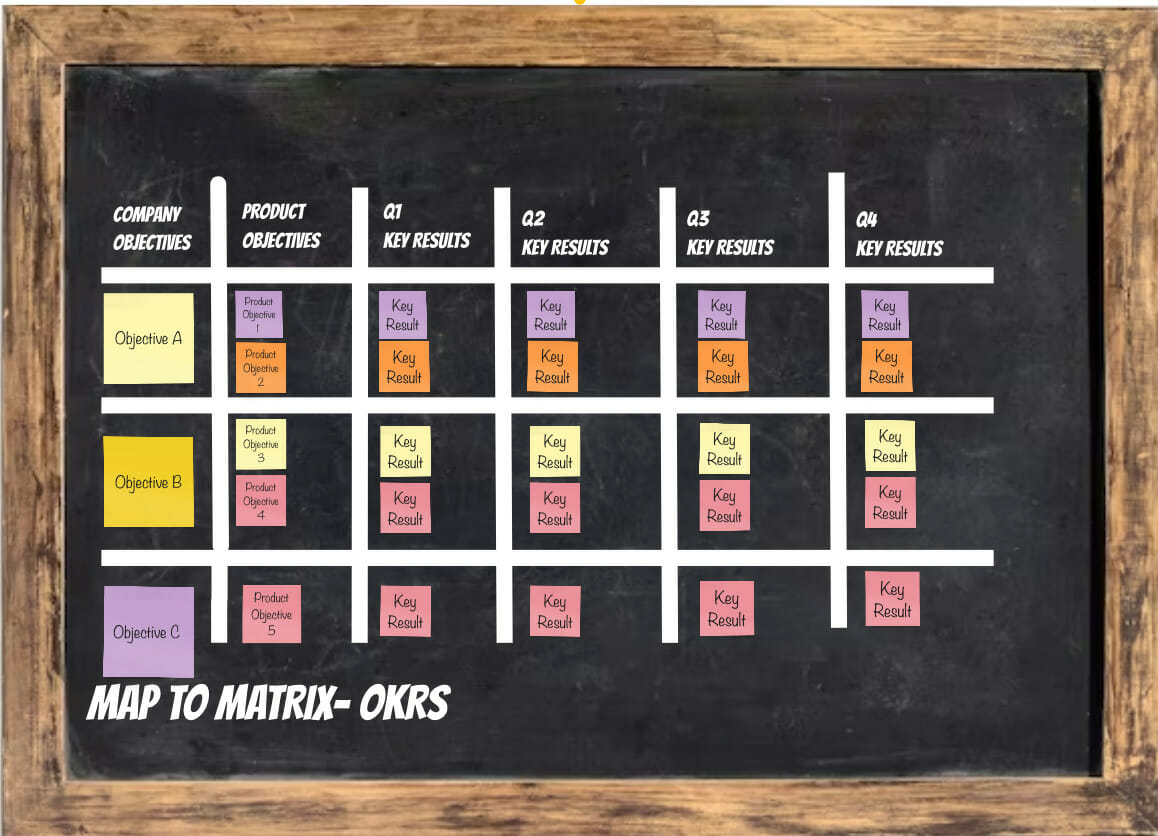This week’s Sunday Rewind takes us back to a 2020 #MTPEngage Manchester talk from consultant Adrian Howard. It’s a talk that is full of advice on how to write effective OKRs and how to use them correctly.
Objectives and key results sound deceptively simple on paper, says Adrian, but many businesses spend a vast amount of energy trying to create their first OKRs, and then just hope that they will magically solve their problems and make them more efficient, aligned and successful.
They aren’t a substitute for a strategy or vision, and they won’t conjure organisational alignment out of nothing, Adrian says.
Adrian then runs through common red flags he’s come across when organisations are struggling with OKRs, together with steps to take to get back on track. He looks at how to deal with all-encompassing objectives and key results and generic objectives, quantitative objectives (which are rarely strategic), output-based key results, top-down OKRs which are cascaded through the organisation and OKRs that are rapidly cycled and largely ignored.
In summary, OKRs must be relatable and understandable, and give the organisation the information and tools it needs to steer towards the desired outcomes.
You should regularly ask questions about how well your OKRs have supported and guided decisions, or whether the key results actually led to the objectives you wanted.
Read the original post and watch the video How to write OKRs that don’t suck by Adrian Howard






Comments
Join the community
Sign up for free to share your thoughts